

Meet the Experts Shaping the Future of AI
The Global Technology Summit Innovation Dialogue brings together influential voices from across the world, including thought leaders, policymakers, industry pioneers, and academic experts. Our speakers and delegates will participate in discussions featuring stories from use-case innovators about how AI is impacting real lives across agriculture, healthcare, and education, and the realities of scaling these solutions.
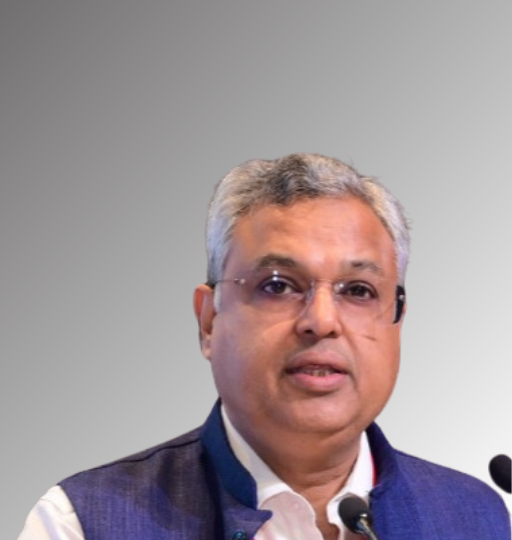
Saurabh Garg
Secretary, Ministry of Statistics and Programme Implementation, Government of India
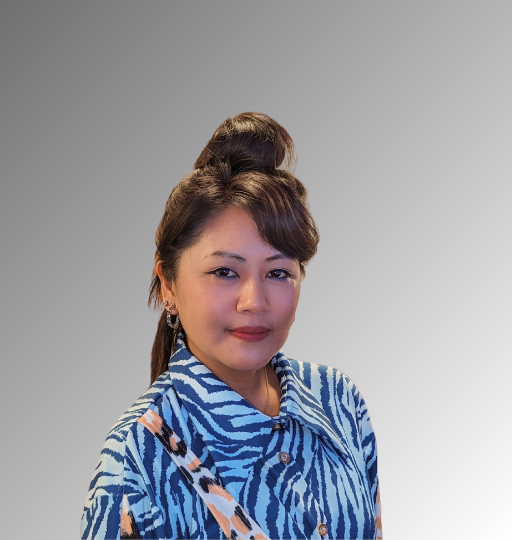
Keyzom Ngodup Massally
Director, AI Hub & Head of Digital & AI Programmes, UNDP
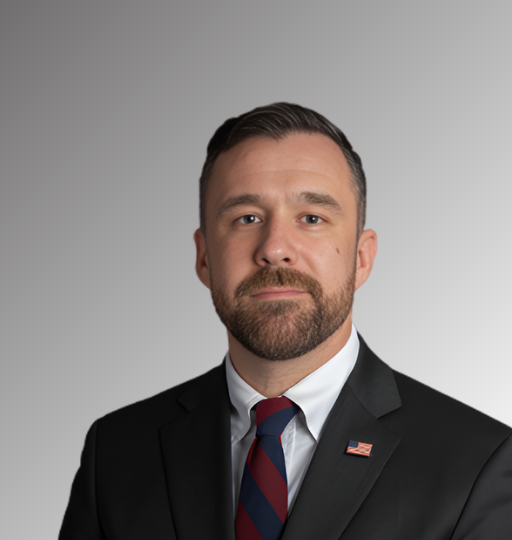
Russell C. Headlee
Senior Bureau Official, Bureau of Cyberspace and Digital Policy, United States Department of State
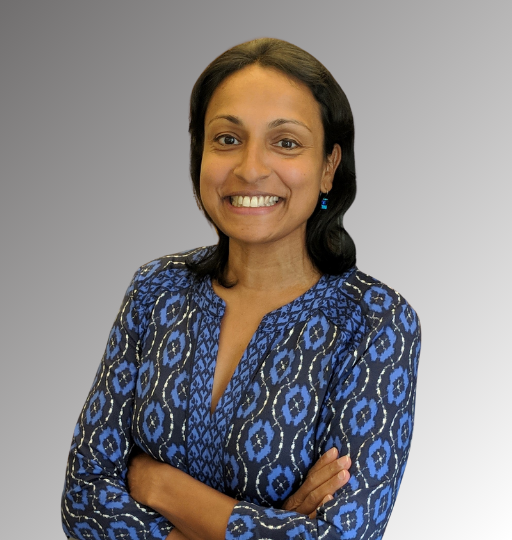
Vyjayanti Desai
Practice Manager, Digital Development Global Practice in South Asia, World Bank Group

Benjamin Mwalimu
Head of Technology, Jacaranda Health
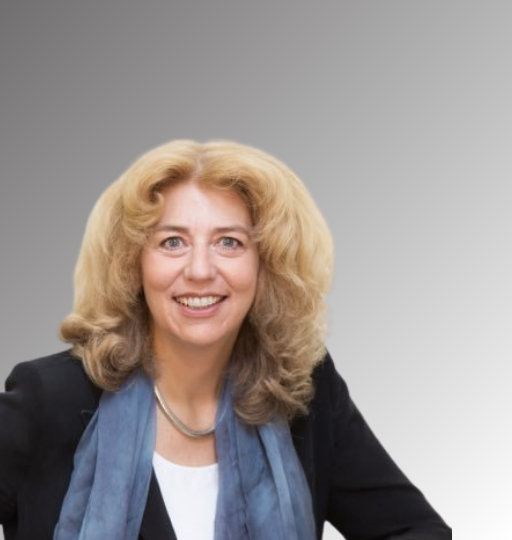
Marisa Gerards
Ambassador of the Kingdom of the Netherlands to India, Nepal and Bhutan
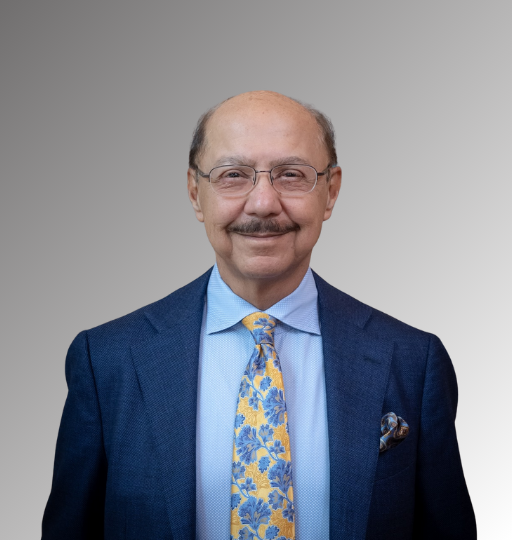
Sunil Wadhwani
President, Wadhwani Institute for Artificial Intelligence & Founder, W Health Ventures
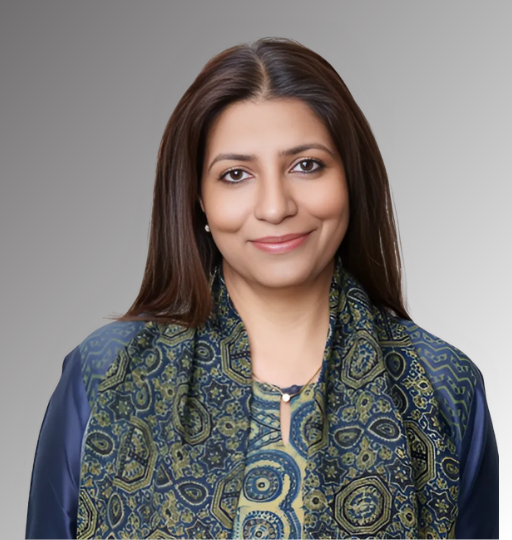
Archna Vyas
Interim Country Director for the India Office, The Gates Foundation
.png)
Heejin Song
Video Producer, iSciLab

Kavitha Kunhi Kannan
Policy Advisor, OpenAI, India
.png)
Changmin Lee
Chief Technology Officer, iSciLab Cooperation

Shalini Kapoor
Chief Strategist, Data and AI, EkStep Foundation